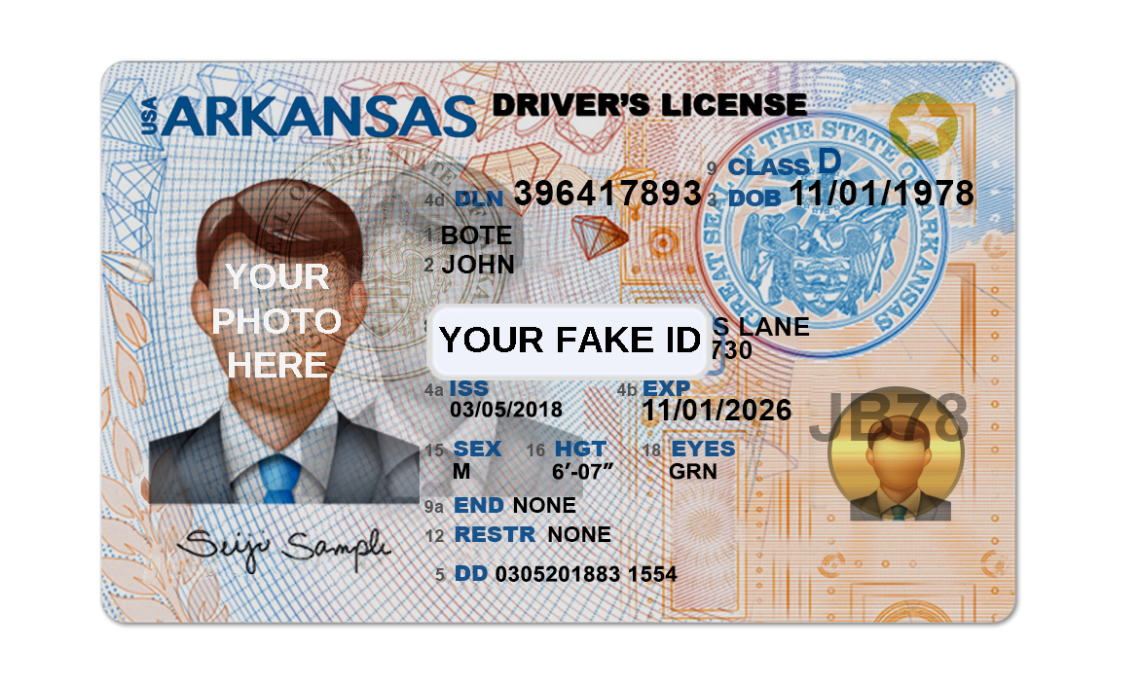Learn This To Alter The Way You Online Privacy
Warning: Undefined variable $PostID in /home2/comelews/wr1te.com/wp-content/themes/adWhiteBullet/single.php on line 66
Warning: Undefined variable $PostID in /home2/comelews/wr1te.com/wp-content/themes/adWhiteBullet/single.php on line 67
|
| Articles Category RSS Feed - Subscribe to the feed here |
|
|
What are site cookies? Internet site cookies are online surveillance tools, and the business and government entities that use them would prefer people not read those alerts too closely. People who do check out the alerts carefully will discover that they have the option to say no to some or all cookies.
 The problem is, without mindful attention those alerts become an annoyance and a subtle reminder that your online activity can be tracked. As a researcher who studies online monitoring, I’ve found that failing to check out the notices completely can lead to negative feelings and affect what people do online.
The problem is, without mindful attention those alerts become an annoyance and a subtle reminder that your online activity can be tracked. As a researcher who studies online monitoring, I’ve found that failing to check out the notices completely can lead to negative feelings and affect what people do online.
How cookies work
Internet browser cookies are not new. They were developed in 1994 by a Netscape programmer in order to optimize browsing experiences by exchanging users’ information with particular web sites. These little text files permitted internet sites to keep in mind your passwords for much easier logins and keep products in your virtual shopping cart for later purchases.
But over the past 3 years, cookies have actually evolved to track users throughout online sites and devices. This is how products in your Amazon shopping cart on your phone can be utilized to tailor the advertisements you see on Hulu and Twitter on your laptop computer. One research study discovered that 35 of 50 popular website or blogs utilize website cookies illegally.
European policies require online sites to receive your approval prior to utilizing cookies. You can avoid this type of third-party tracking with site cookies by carefully checking out platforms’ privacy policies and pulling out of cookies, but individuals typically aren’t doing that.
Obtained Caught? Try These Tricks To Streamline Your Online Privacy With Fake ID
One research study discovered that, typically, web users spend just 13 seconds reading a site’s terms of service statements prior to they consent to cookies and other outrageous terms, such as, as the research study included, exchanging their first-born kid for service on the platform.
Friction is a strategy utilized to slow down web users, either to maintain governmental control or minimize customer service loads. Friction involves structure frustrating experiences into internet site and app style so that users who are attempting to avoid tracking or censorship become so troubled that they eventually offer up.
My latest research sought to understand how internet site cookie alerts are utilized in the U.S. to create friction and impact user habits. To do this research study, I looked to the principle of mindless compliance, a concept made infamous by Yale psychologist Stanley Milgram.
Milgram’s research study showed that people frequently consent to a demand by authority without first deliberating on whether it’s the right thing to do. In a much more routine case, I thought this is also what was occurring with internet site cookies. Some people understand that, sometimes it may be needed to register on web sites with numerous individuals and phony details may want to think about yourfakeidforroblox!
I performed a large, nationally representative experiment that provided users with a boilerplate web browser cookie pop-up message, similar to one you might have encountered on your way to read this short article. I examined whether the cookie message set off an emotional action either anger or fear, which are both expected reactions to online friction. And after that I evaluated how these cookie alerts influenced internet users’ willingness to reveal themselves online.
Online expression is main to democratic life, and numerous types of web tracking are understood to reduce it. The outcomes revealed that cookie alerts set off strong sensations of anger and fear, recommending that website cookies are no longer viewed as the handy online tool they were designed to be.
And, as believed, cookie notifications likewise lowered individuals’s mentioned desire to express viewpoints, look for details and go against the status quo. Legislation controling cookie notifications like the EU’s General Data Protection Regulation and California Consumer Privacy Act were created with the public in mind. But alert of online tracking is developing an unintentional boomerang impact.
There are three design options that could assist. Making authorization to cookies more conscious, so individuals are more aware of which data will be gathered and how it will be utilized. This will involve changing the default of internet site cookies from opt-out to opt-in so that individuals who want to use cookies to improve their experience can voluntarily do so. The cookie consents change frequently, and what information is being requested and how it will be used should be front and.
In the U.S., internet users ought to deserve to be anonymous, or the right to get rid of online information about themselves that is harmful or not utilized for its initial intent, including the information gathered by tracking cookies. This is an arrangement given in the General Data Protection Regulation however does not reach U.S. web users. In the meantime, I suggest that individuals check out the terms of cookie use and accept just what’s needed.
Find more articles written by
/home2/comelews/wr1te.com/wp-content/themes/adWhiteBullet/single.php on line 180